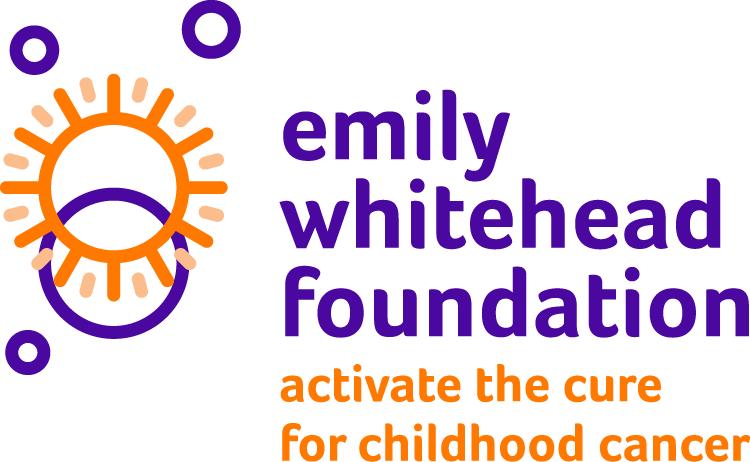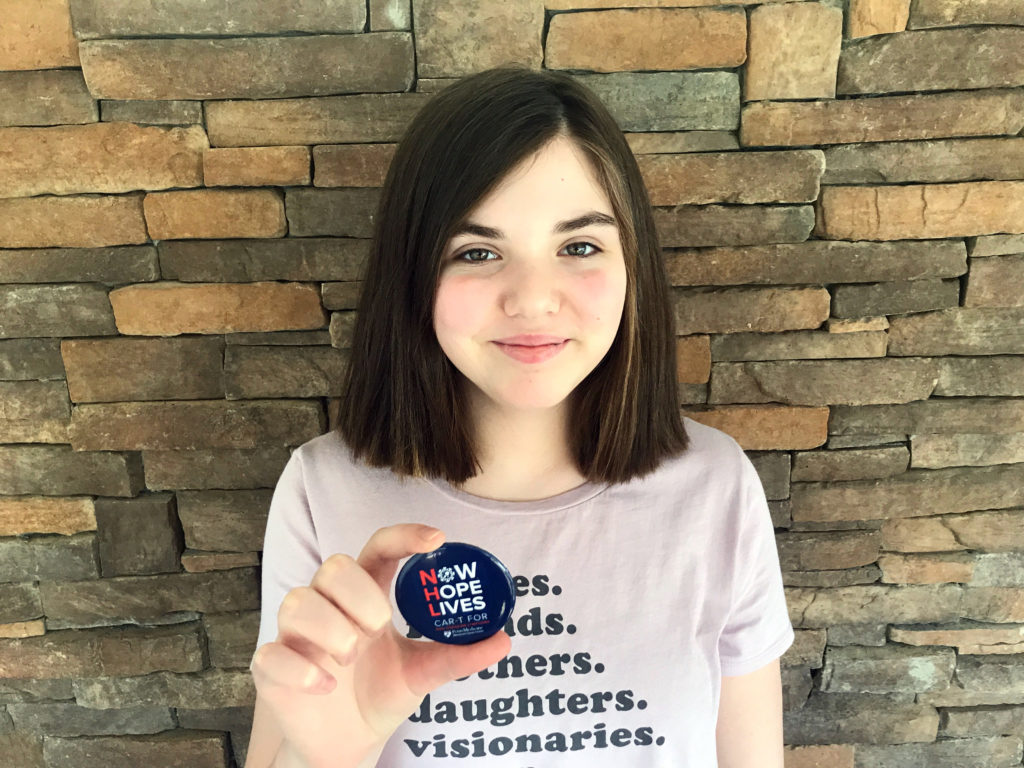Today is Emily's 13th birthday!
We are so proud of the person Emily has grown to be. It was not too long ago that birthdays were an uncertainty, and we are thankful every day that we still get to celebrate them.
It is therefore incredibly special to us that this year Emily's birthday coincides with yet another advancement of the CAR-T cell therapy that saved her life.
Yesterday, the U.S. Food and Drug Administration issued a secondary approval of Novartis CAR-T treatment Kymriah (tisagenlecleucel), for use in treating adult patients with non-Hodgkin's lymphoma (NHL) — specifically, relapsed or refractory diffuse large B-cell lymphoma (DLBCL). This comes as an addition to the FDA's August 2017 approval of Kymriah for pediatric and young adult cancer patients with relapsed or refractory B-cell acute lymphoblastic leukemia (ALL).
In April 2012, Emily became the first pediatric patient in the world to receive this therapy (originally CTL019, developed at Penn Medicine), in a clinical trial at Children's Hospital of Philadelphia (CHOP), and it was on Emily's 7th birthday, six years ago today, that she awoke from the coma that was induced while she experienced the effects of cytokine release syndrome following her T-cell infusions.
Read: Emily's Story
While the approval of this treatment for lymphoma patients is currently specified to treat adults with DLBCL, such a milestone is promising for the future of CAR-T cell therapy for children and adults alike. We are very excited to see that more people will now have hope and a new treatment option for their relapsed cancer. The goal, as always, is for more families to have the same result that we did.
On May 10, Emily will celebrate 6 years cancer free. We are very thankful for all of the doctors, researchers, and their teams who are curing cancer!
Also published this week was the results of ongoing CAR-T studies at Penn Medicine's Abramson Cancer Center, where researchers have been studying T-cell therapy as it applies to advanced chronic lymphocytic leukemia (CLL) in the hope of determining why the treatment does not work the same for every patient. The study's findings highlight specific T-cell biomarkers, which may help researchers discover more specific ways of targeting the therapy to increase patient response and ultimately help more patients survive.
Additionally, Dr. Stephan Grupp and the immunotherapy team at CHOP are working to find answers to similar patient response issues in aggressive pediatric cancers through ongoing clinical trials — research that the Emily Whitehead Foundation is proud to help support.
[Read: Emily Whitehead Foundation Grants $250,000 to CHOP Immunotherapy Program]
As always, We Believe!
Without the generosity of donors funding CAR-T cell therapy research, such advancements wouldn't be possible. Please consider making a donation to EWF to help us continue the fight.

